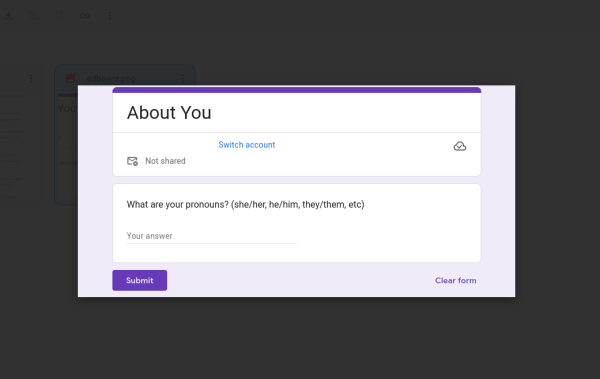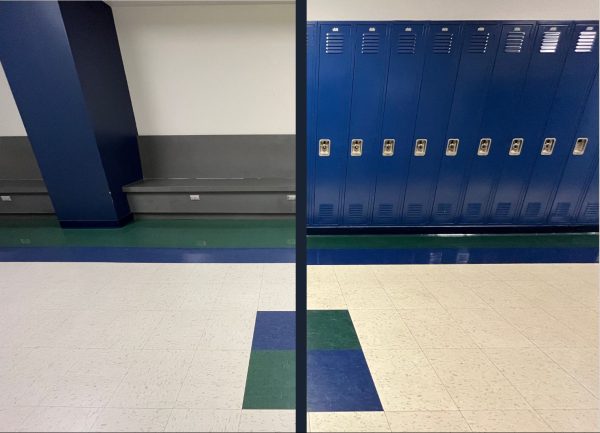ACT, Clean Up Your “Act”
Media by Mason Kellerman
Juniors received a sample ACT test and scoring instructions in the mail by MHS in the fall in preparation for the school administered ACT on March 2.
The ACT organization needs to clean up their act.
Since last April, my registered testing dates have been canceled last minute for four consecutive months due to problems with limiting capacity. Just back in December 2020, I was booted from the ACT again.
In total, I have signed up for six tests and have been able to take one.
It’s necessary to ensure the safety of students, but there’s a problem with being able to actually get to take the test. The ACT has commented that there will be “inevitable cancellations” prior to the test date due to testing monitor and capacity changes. But how is this the best system the ACT has? Shouldn’t students who were previously canceled be prioritized over others for a future test, or prioritized for juniors and seniors with more pressing college applications?
Not only has the ACT organization made it difficult to take the test, they’re not responsive either.
At this point in time, registrations for many standardized tests are online. The ACT has yet to make their process easier for students to sign up, change and refund tests.
When getting booted from a test, the process is anything but simple.
For the April test alone, I had to request a refund, sign up for a new date and refill the lengthy questionnaire. After contacting customer support, I still didn’t receive the $55 refund for one of my tests.
COVID-19 has created much uncertainty for education, and the ACT has failed to accommodate.
For juniors, it’s difficult to get a head start on college admissions. Travel was down, tours were not available and internships were canceled last summer.
As first semester comes to a close, juniors need to be able to start tackling college admissions. The priority needs to be on juniors now.
Students were notified via mail by MHS in the fall about the school administered junior ACT test set on March 2. However, no details about what the testing setting will look like have been released.
There are many regulations surrounding education constantly changing at the moment, but there’s little transparency about any of it, leaving students and parents confused about what steps they need to be taking to consider scholarship eligibility.
The future for COVID-19 remains a mystery, and college administered test-optional policies may still be used for the current Junior Class. However, there are many scholarships requiring an ACT score, and the policy does not cover all schools.
ACT scores remain accounted for in admissions offices, and will most likely, help certain students stand out amongst other candidates. It’s important to emphasize further understanding between the ACT organization and current juniors to ensure that the next graduating class is putting their best foot forward.
Your donation will support the student journalists of Marquette High School. Your contribution will allow us to purchase equipment and cover our annual website hosting costs. You may become a PATRON by making a donation at one of these levels: White/$30, Green/$50, Blue/$100. Patron names will be published in the print newsmagazine, on the website and once per quarter on our social media accounts.

Mason Kellerman (he/him), senior, is the Illustrator and Web Designer for the Marquette Messenger. This will be his third year on staff. Mason is president...












